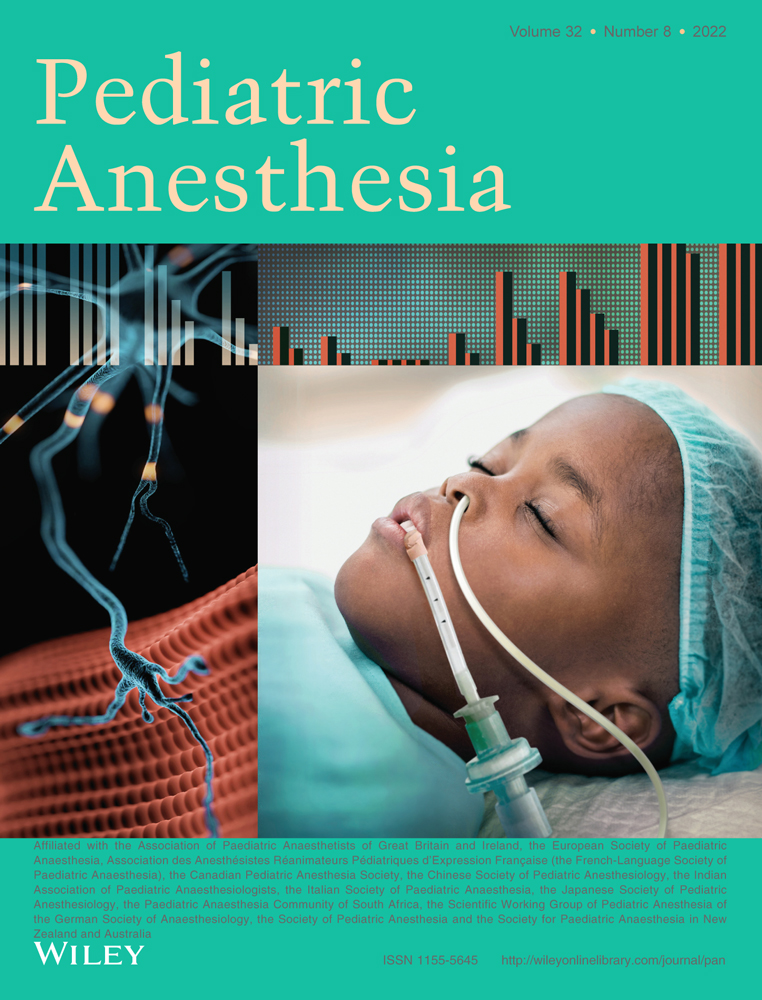The association of severe pain experienced in the pediatric intensive care unit and postdischarge health-related quality of life: A retrospective cohort study
Section Editor: Suellen Walker
This work was performed at Seattle Children's Hospital.
Funding information
Dr. Smith received funding for this work through an NICHD training grant T32 HD057822-11. Dr. Killien received funding for this work from NICHD grants T32 HD057822-08 and K23HD100566.
Abstract
Background
Pain may be a modifiable risk factor for lower health-related quality of life after pediatric critical illness.
Aim
To evaluate the association between severe pain experienced in the (pediatrc intensive care unit) and postdischarge health-related quality of life.
Methods
This was a retrospective cohort study. Children aged 1 month to 18 years admitted to the pediatric intensive care unit and enrolled in the Seattle Children's Hospital Outcomes Assessment Program were included. Pain was assessed every 2 h by bedside nursing staff using a behavioral pain scale or numeric pain scale. A day of severe pain was defined as a pediatric intensive care unit day with ≥25% of pain scores ≥7/10. Baseline (preadmission) and postdischarge (median 6 weeks) health-related quality of life was assessed by the Pediatric Quality of Life Inventory (PedsQL™) or the Stein Jessop Functional Status II-R (FS II-R, for children with developmental disability). The cohort was stratified by diagnosis category (surgical vs. medical), and associations were measured using linear regression models.
Results
Among 546 patients, 11.9% experienced ≥1 day of severe pain. In multivariable linear regression, each day of severe pain was independently associated with a lower postdischarge health-related quality of life score by 3.6 points (95% CI −6.3 to −0.9) adjusted for baseline health-related quality of life score, age, baseline cognitive function, days with multi-organ dysfunction, pediatric intensive care unit length of stay, and decline in overall function. This association was stronger among surgical patients than medical patients with each day of severe pain resulting in a lower postdischarge health-related quality of life score by 5.3 points (95% CI −9.6 to −0.9) versus 2.6 points (95% CI −5.8 to 0.6). Surgical patients had lower postdischarge emotional functioning than physical functioning subdomain scores.
Conclusions
Children who experience severe pain in the pediatric intensive care unit have lower postdischarge health-related quality of life adjusting for baseline health-related quality of life, particularly among children who have undergone surgery. Attention to pain management may be important to improve postdischarge health-related quality of life.
CONFLICT OF INTEREST
The authors report no conflicts of interest.
Open Research
DATA AVAILABILITY STATEMENT
The data that support the findings of this study are available on request from the corresponding author. The data are not publicly available due to privacy or ethical restrictions.




